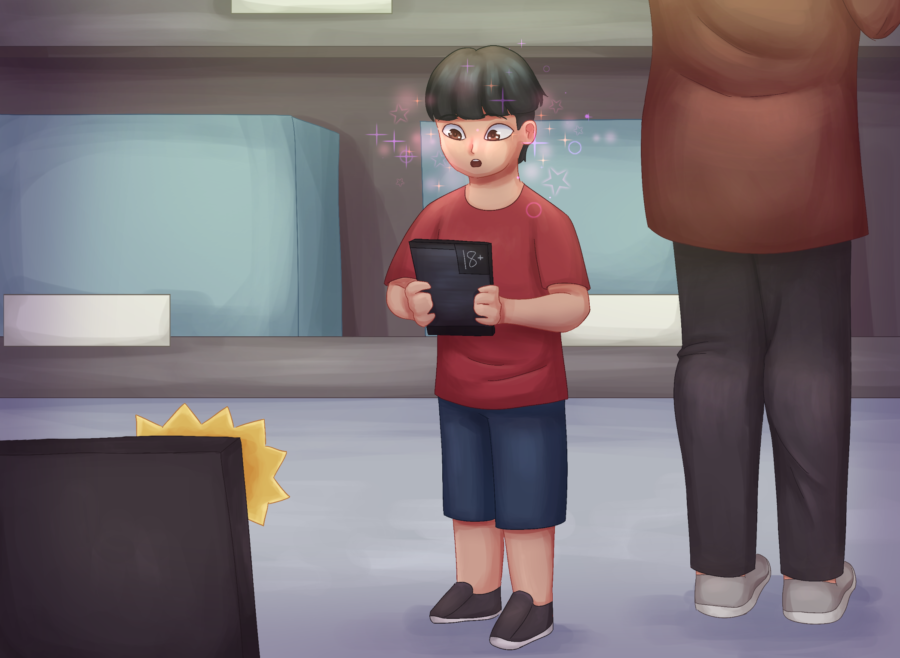By Umar Sumdani, Co-Managing Editor
Concerned about the well-being of their communities, legislators are looking to restrict the sale of violent video games such as “Halo” and “Red Dead Redemption”, citing their glorification of gore and inappropriate messages. However, a videogame ban is not only a fruitless endeavor but also an illegitimate mandate.
In February 2021, Illinois State Representative Marcus Evans declared his intention to ban the sale of electronic video games promoting human-on-human violence to all ages. An article by The Kansas City Star cites Evans’s emphasis on prohibiting “Grand Theft Auto” (GTA) — a game, according to Evans, directly related to Chicago’s increasing carjacking rates in recent years.
While embarking on this groundless quest, Evans neglects the foundational disconnection between the virtual and real world. In a virtual Los Angeles — the bustling setting of one of the “GTA” games — a player can steal a civilian’s car with the tap of a button. Carjacking in the palpable Los Angeles is not nearly as straightforward or successful: according to the 2010 National Crime Victimization Survey, more than half of all attempted “car-heists” in the U.S. failed.
In fact, despite popular belief, playing video games has minimal correlation with enhanced aggression. A study conducted by Massey University showed that playing violent video games had negligible long-term consequences on developing a hostile temperament. There’s also no evidence for an accumulation of negative impacts — playing games regularly will not slowly deteriorate one’s mental health.
Taking legal action against a form of media also has constitutional concerns. The action of banning video games violates the First Amendment right to free speech: video games, a medium for creativity, innovation and community-building, are protected from restriction by federal and state legislation. If Evans is able to materialize his proposal, he sets a dangerous precedent for other media forms: television shows, graphic novels, and blockbuster movies would all become susceptible to restriction.
There’s evidence to prove that electronic games — especially with first-person shooters such as “Call of Duty” — actually have beneficial effects for the developing brain. A study conducted by University of Geneva neuroscientist Daphne Bavelier shows that teenagers who play shooter games are more adept at spatial reasoning, impromptu decision-making and problem solving. If we ban video games, we sacrifice unrecognized potential for engaging mental exercise.
This benefit does not mean that overtly violent video games are innocuous: an overexposure to any sort of entertainment at a premature age can impair social development. In particular, according to a study conducted by Harvard Health, playing violent video games has led children under 10 to have increased nightmares and decreased school performance. After this age threshold, however, these drawbacks cease to exist, indicating that video games are no more harmful than gruesome movies or TV shows. In addition, many of these pointed studies neglect a confounding variable: pre-existing mental health issues. There may be a third factor, such as economic stability or parental abuse, that contributes to both video-game abuse and increased aggression.
If legislators wish to reach a middle ground with young gamers, an essential third party needs to be introduced: the child’s guardian. Everybody matures differently, and only a responsible caregiver can accurately determine if their child is mentally prepared for advanced content. As authoritative guardians, parents should also discuss potentially confusing or frightening material beforehand, eliminating the “shock effect” following first exposure. This way, they are working with, rather than against, video game developers who aim to suit a broader audience.
Collaboration, not legislation, is the most efficient way to level up the gaming experience.
Umar Samdani can be reached at [email protected].





















































































